Traveling the world and collecting memories through souvenirs is one of life’s greatest pleasures. However, bringing those treasures home can quickly turn into a nightmare if you don’t know the rules. Smart travelers understand that a little preparation can save them from hefty fines, confiscated items, and embarrassing delays at customs. Follow these essential guidelines to ensure your precious mementos make it home safely in your suitcase.
1. Know Your Duty-Free Spending Limits

Every traveler gets an $800 duty-free allowance when returning to the United States, but this privilege comes with specific rules. You can only use this exemption once every 31 days, so frequent travelers need to plan accordingly.
Families traveling together have a major advantage – they can combine their individual exemptions on a single customs declaration form. This means a family of four could bring back $3,200 worth of goods without paying additional fees.
Keep all your receipts organized and calculate totals before reaching customs to avoid any surprises at the border.
2. Prepare for Overage Charges Beyond Your Limit
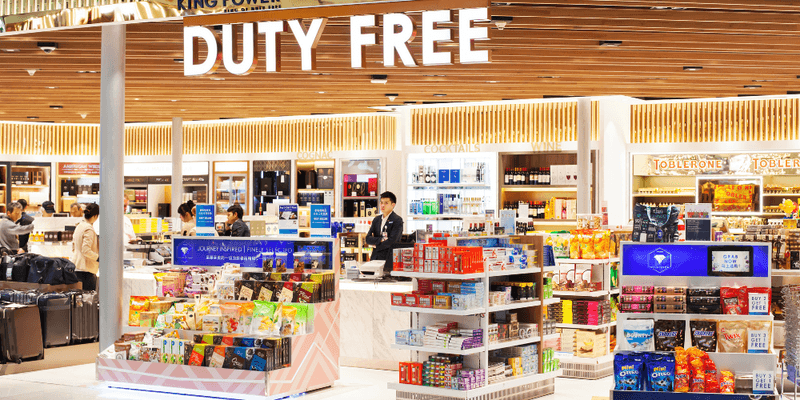
Exceeded your $800 exemption? Customs will charge duty on the entire amount over your limit, not just a percentage. A $900 purchase means you’ll pay duty on the full $100 overage.
Different countries have varying duty rates depending on where items were manufactured and what type of products they are. Luxury goods often carry higher duty rates than everyday items.
Before you shop, research typical duty rates for items you’re considering. Sometimes paying a bit more for shipping items home separately can actually save money compared to paying customs duties.
3. Master Alcohol and Tobacco Import Rules
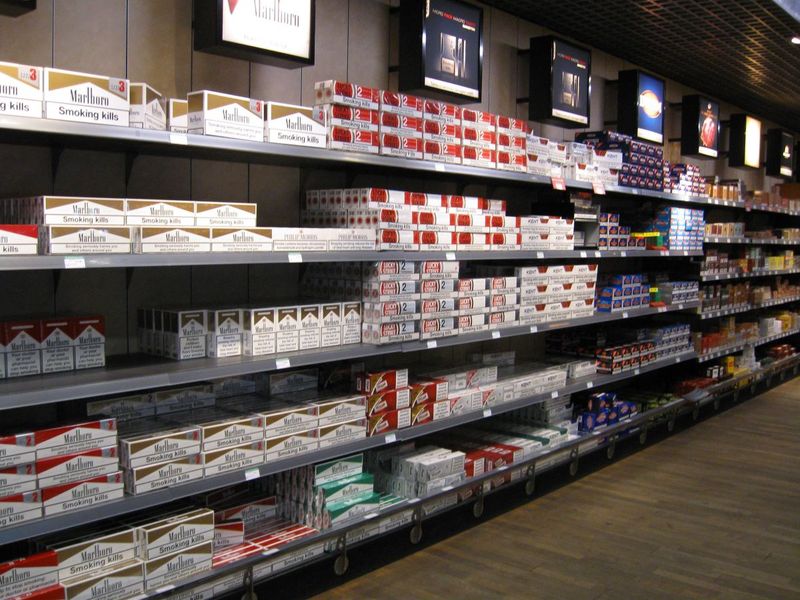
Adults 21 and older can bring back exactly one liter of alcohol duty-free, along with 200 cigarettes and 100 cigars. These limits are strictly enforced regardless of where you purchased the items.
Anything beyond these amounts triggers additional customs charges, which can be surprisingly expensive. Some travelers find it cheaper to enjoy these products during their trip rather than pay import fees.
Remember that some states have their own additional restrictions on alcohol imports, so check local laws for your final destination before making purchases.
4. Take Advantage of Household Item Exemptions

Everyday personal-use items like clothing, linens, kitchenware, and home decorations typically qualify for duty-free treatment regardless of their value. The key requirement is proving these items are for personal use, not resale.
Customs officers can usually tell the difference between personal purchases and commercial quantities. Buying one beautiful tablecloth is clearly personal; purchasing twenty identical ones raises red flags.
Keep items in reasonable quantities and be prepared to explain their intended use if questioned. Personal gifts for family members also generally qualify under this exemption.
5. Navigate Food Import Restrictions Carefully
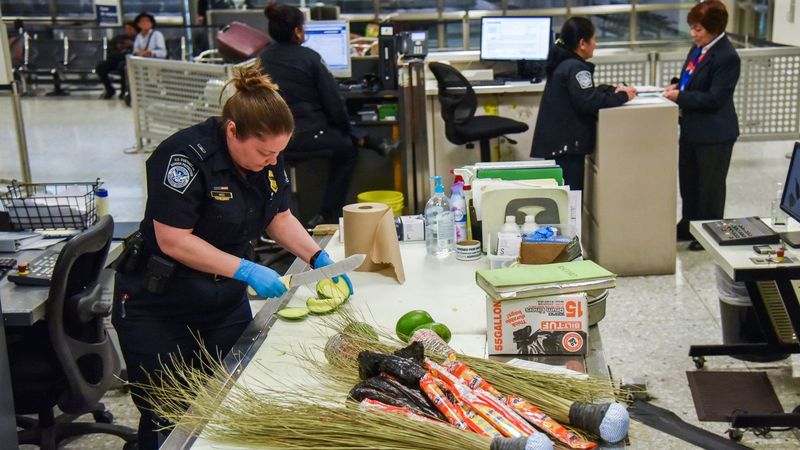
Packaged, processed foods like chocolates, specialty oils, dried herbs, and condiments usually pass through customs without issues. However, fresh produce, meats, and dairy products are strictly prohibited to prevent agricultural pests and diseases.
Even duty-free airport purchases can be confiscated if they contain restricted ingredients. That expensive truffle cheese you bought at the airport might not make it past agricultural inspection.
Always declare food items on your customs form and research specific restrictions for items you’re considering. When in doubt, choose commercially packaged products over fresh or homemade foods.
6. Pack Liquids Properly for Air Travel
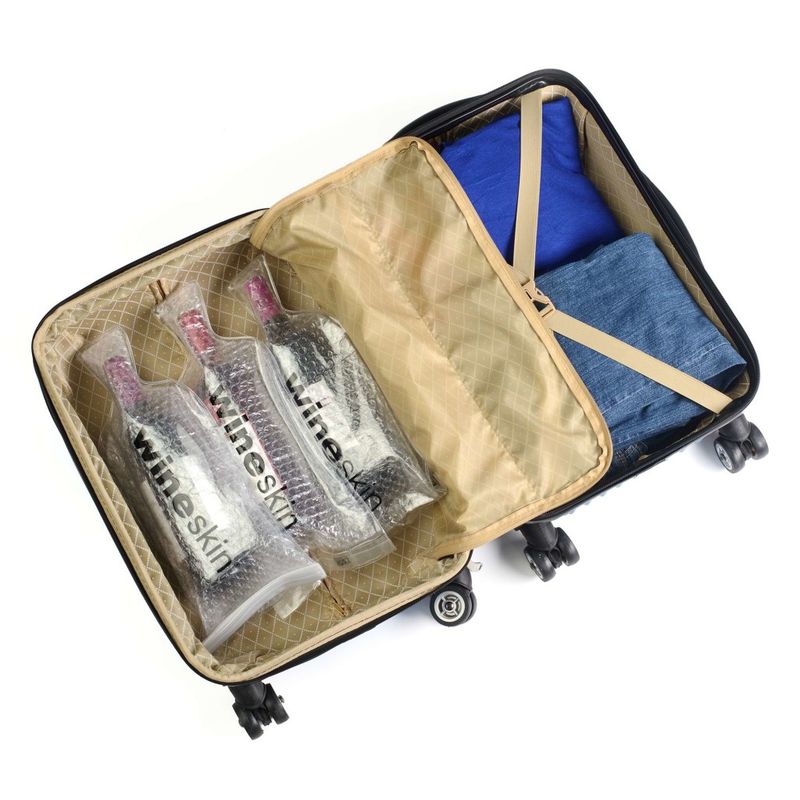
Wine, cooking oils, honey, and other liquid souvenirs must go in checked luggage due to carry-on liquid restrictions. The only exception is duty-free purchases made after security checkpoints, which come in special sealed bags.
Wrap all liquid items carefully in plastic bags and cushion them well to prevent messy spills that could ruin your other belongings. Consider buying wine shipping boxes or protective sleeves.
Some travelers prefer to ship liquid items home separately rather than risk damage to their luggage contents. This also saves weight in your suitcase for other purchases.
7. Consider Shipping When You Overbuy
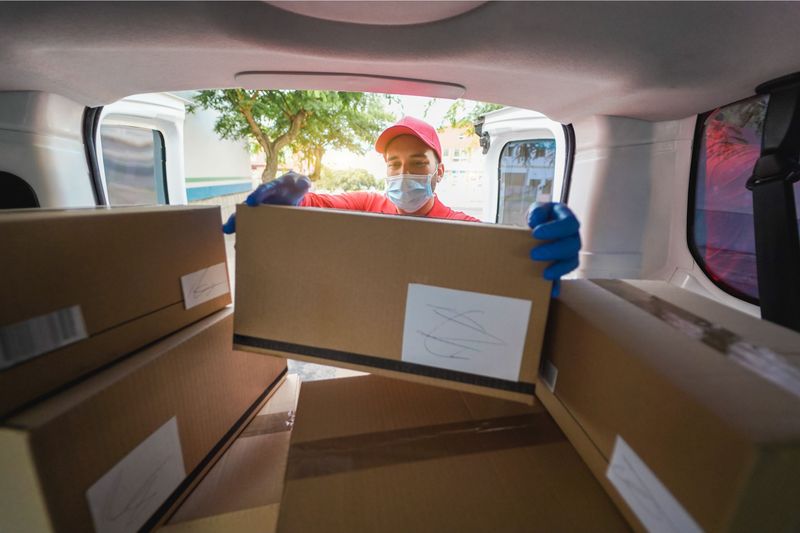
When your suitcase is bursting at the seams, mailing items home becomes an attractive option. From European countries, you can send one package per day valued up to $200 completely duty-free.
Packages valued over $200 get taxed on their full value, not just the excess amount. This differs from personal exemptions where only overage amounts are taxed.
Shipping costs vary significantly between countries and shipping methods. Sometimes the convenience and weight savings justify the expense, especially when airline overweight fees are considered.
8. Keep Customs Declarations Simple

When filling out shipping forms or customs declarations, simple descriptions work best. Write “Souvenirs, books, clothing – $100” rather than detailed brand names or specific product descriptions.
Overly detailed descriptions can trigger additional inspections and delays. Customs officers care more about general categories and values than specific brand information.
Avoid mentioning luxury brand names or using terms that might suggest commercial activity. Keep your language straightforward and honest while remaining appropriately vague about specific details.
9. Handle Alcohol, Perfume, and Tobacco Shipments Wisely
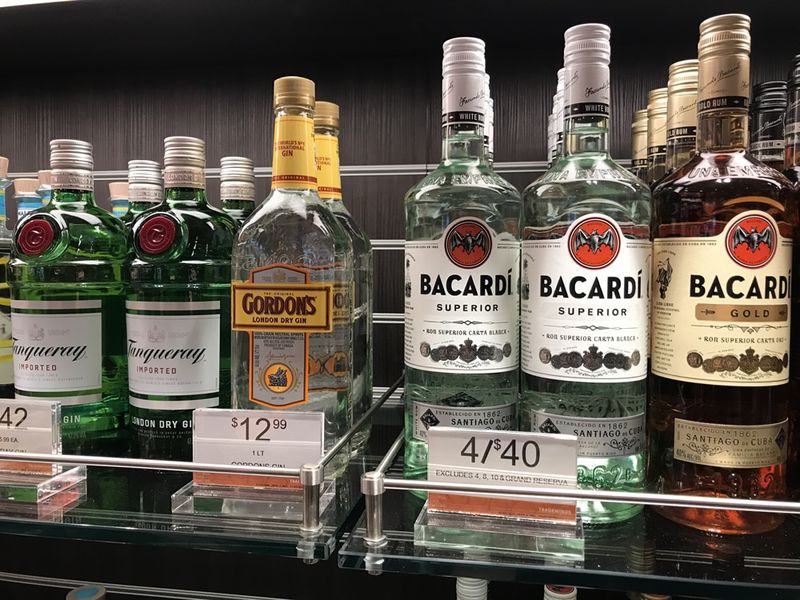
Mailed alcohol, perfume, and tobacco products face duties on any package valued over $5, making shipping these items often more expensive than carrying them within your personal limits.
Carrying these items in your luggage within legal limits usually proves more economical than shipping them separately. Calculate both options before deciding.
Some countries have additional restrictions on mailing these products internationally. Research destination country rules before attempting to ship, as some postal services won’t accept these items at all.
10. Choose Your Shipping Method Strategically
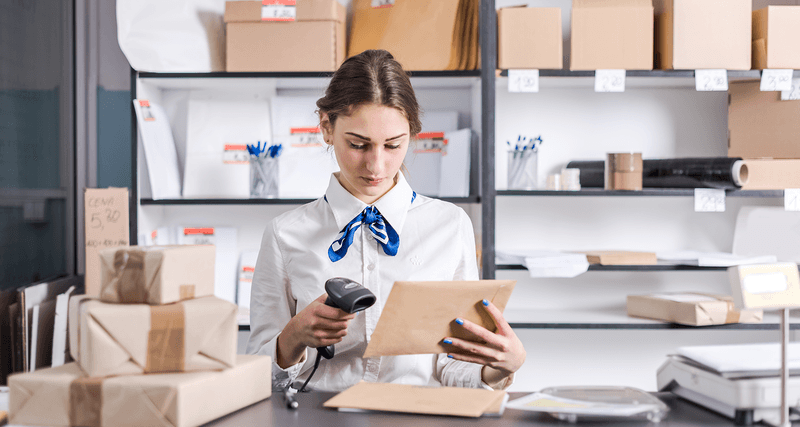
Regular postal services offer reliability and reasonable prices but expect delivery times up to six weeks. Private couriers like DHL, UPS, and FedEx provide faster service but charge premium prices.
Research local shipping quirks that could save time and money. For example, Italy’s Vatican post office has earned a reputation for being faster and more reliable than the regular Italian postal system.
Consider your timeline and budget when choosing shipping methods. Sometimes paying extra for speed makes sense, especially for fragile or valuable items that need careful handling.



